Former Indian cricketer Suresh Raina has made a stunning claim that Team India players did not want to take part in the Asia Cup 2025 or in the matches against Pakistan, but they have been forced to do so as the Board of Control for Cricket in India (BCCI) decided to take part in the tournament. India defeated arch-rivals Pakistan in a Group A match by seven wickets in Dubai on Sunday in a game that was marred by a handshake controversy.
After refusing to shake hands with Pakistan captain Salman Ali Agha at the toss, India skipper Suryakumar Yadav continued his protest after hitting the match-winning six, as he marched back to the dressing room without greeting the Pakistan players. The Indian players also did not come to the field for the post-match tradition, while Pakistani players were seen waiting for it.
Raina says Indian players don’t want to play vs Pakistan
Talking before the India vs Pakistan match to Sports Tak, India’s 2011 World Cup-winning batter, Raina, said that he is well aware that Indian players are not interested in playing in the Asia Cup or against Pakistan after the deadly Pahalgam terror attack. But they have to do so due to BCCI’s commitments.
“I know one thing for sure. If you personally ask the players, none of them wants to play the Asia Cup. In a way, they are forced because the BCCI has agreed to it,” Raina said.
The former middle-order batter added that it pains him to see India play against Pakistan after the military conflict between the two teams.
“I am sad that India are playing against Pakistan, but I can also say for a fact that if Suryakumar Yadav and his players are asked about their personal opinions about playing against Pakistan, they would have said no. None of them wanted to play,” Raina added.
Impact Shorts
More ShortsThe Indian fans had also demanded a boycott of the Pakistan match as they criticised the BCCI for allowing the game. However, the board has defended itself by stating that playing against their bitter neighbours in multilateral tournaments is a compulsion, as it can hurt prospects of hosting major events like the Olympics in future.


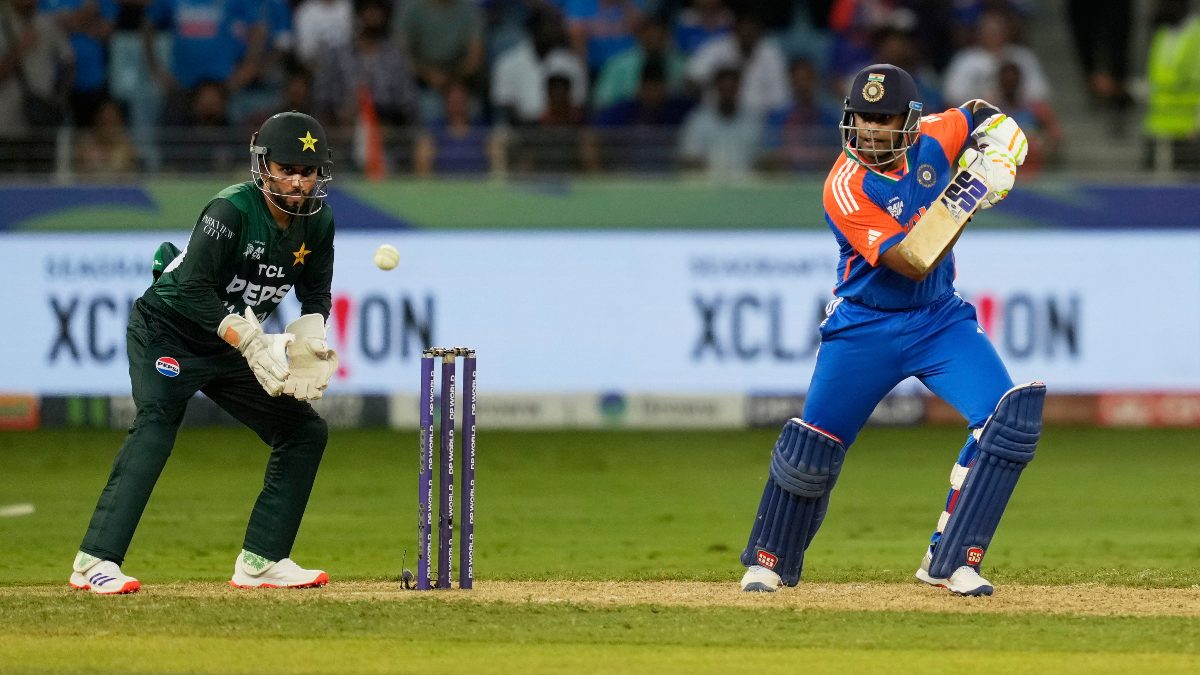)

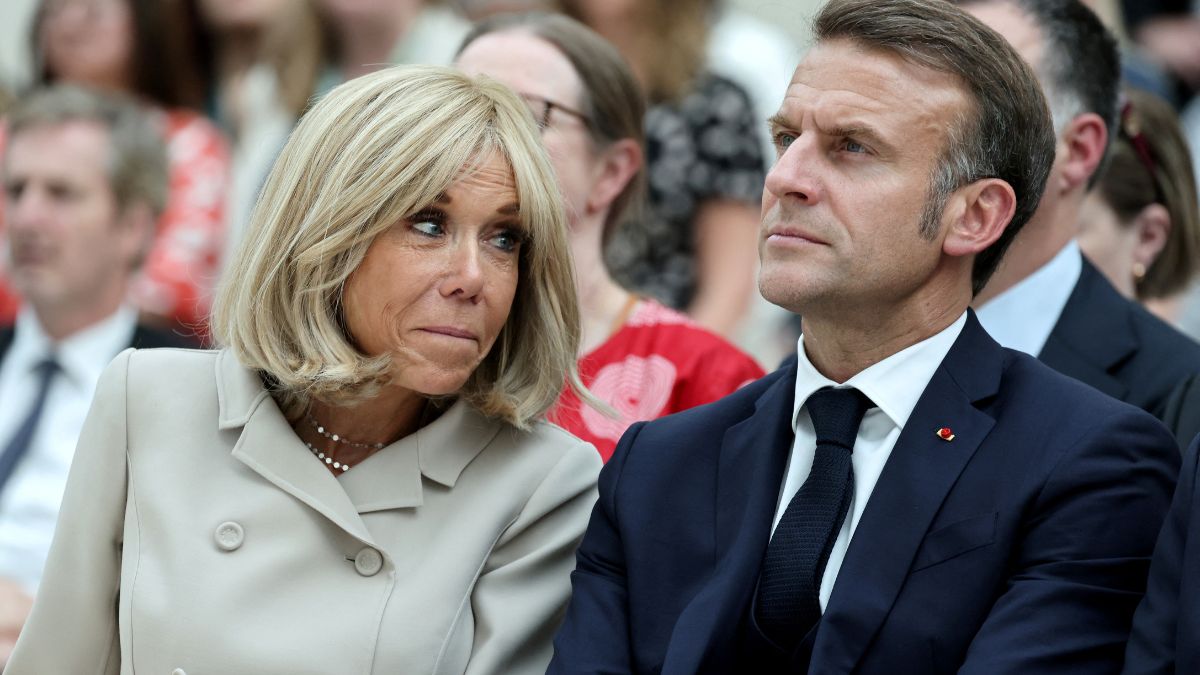)
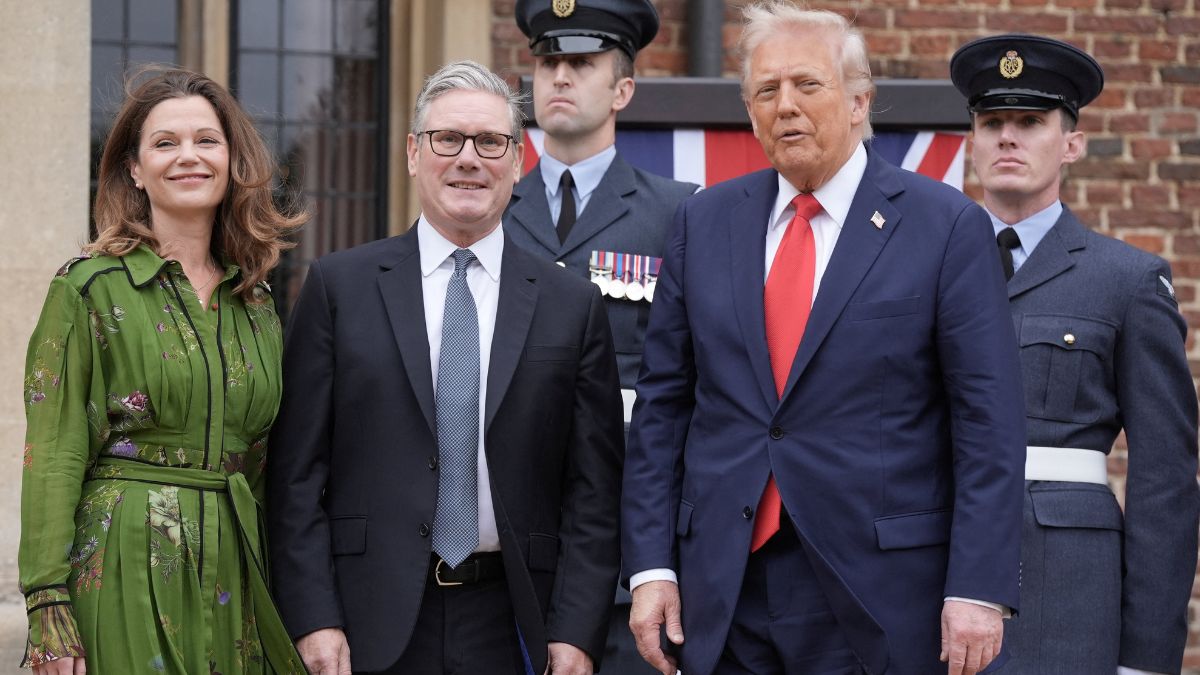)
)
)
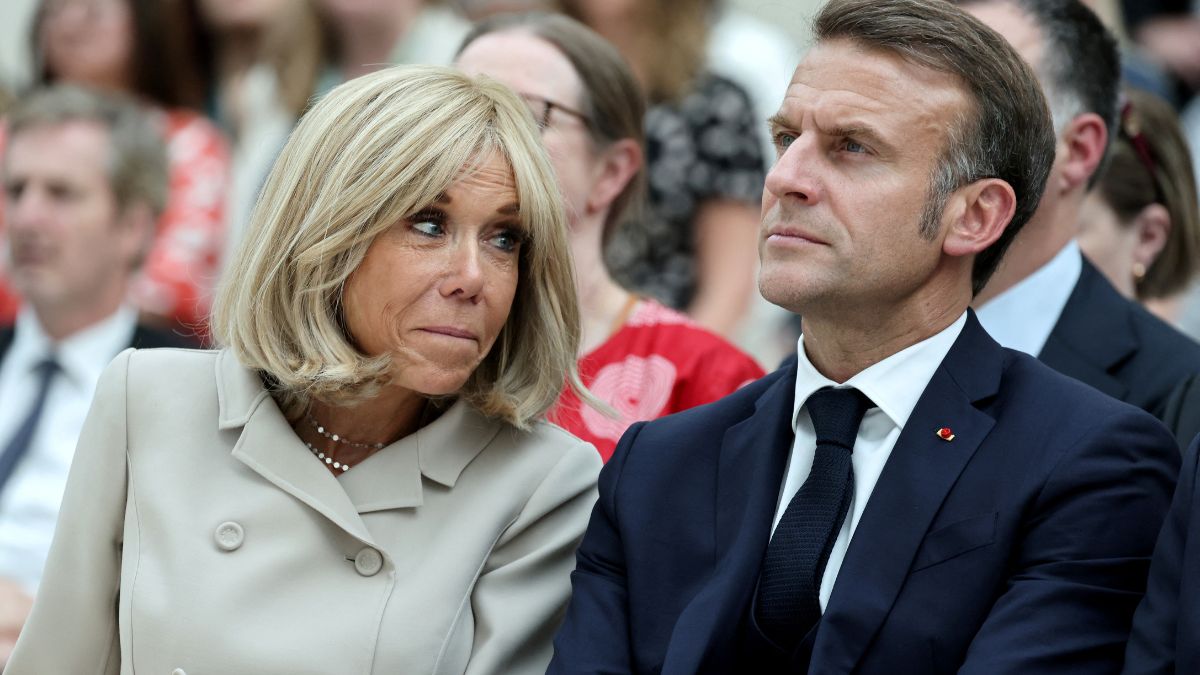)
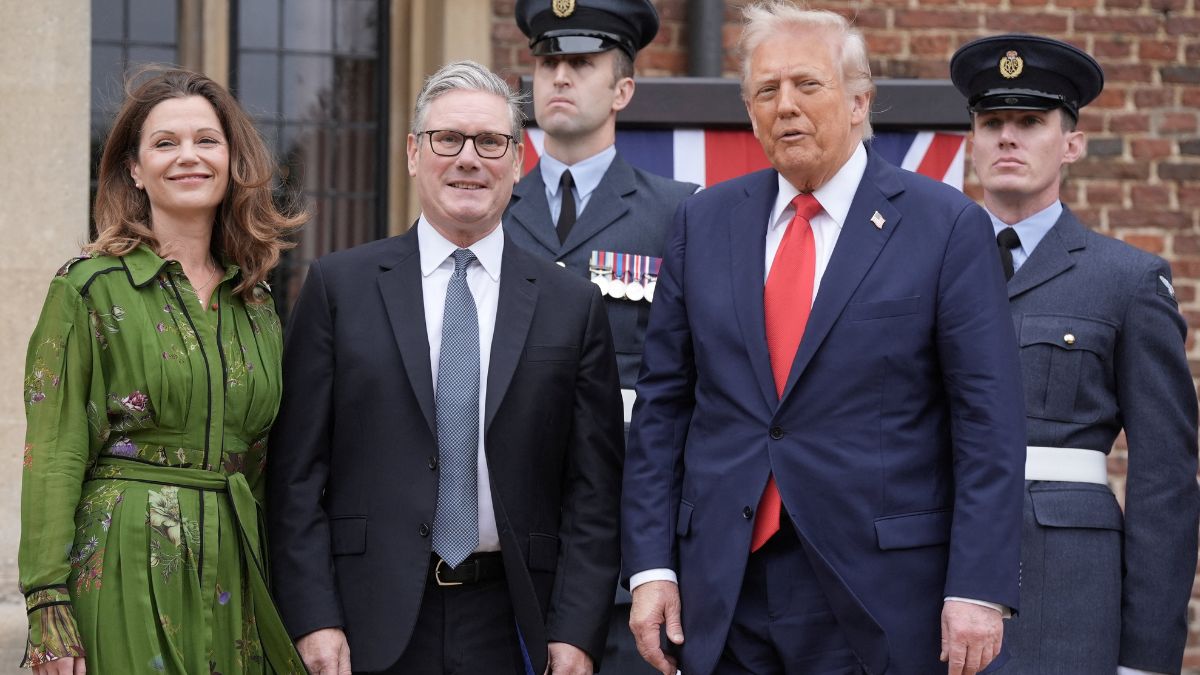)
)
)



